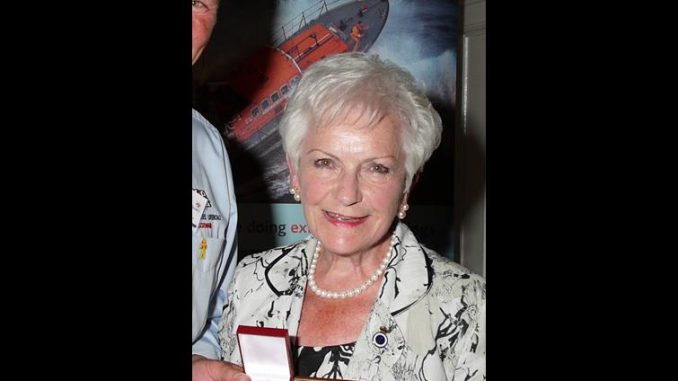
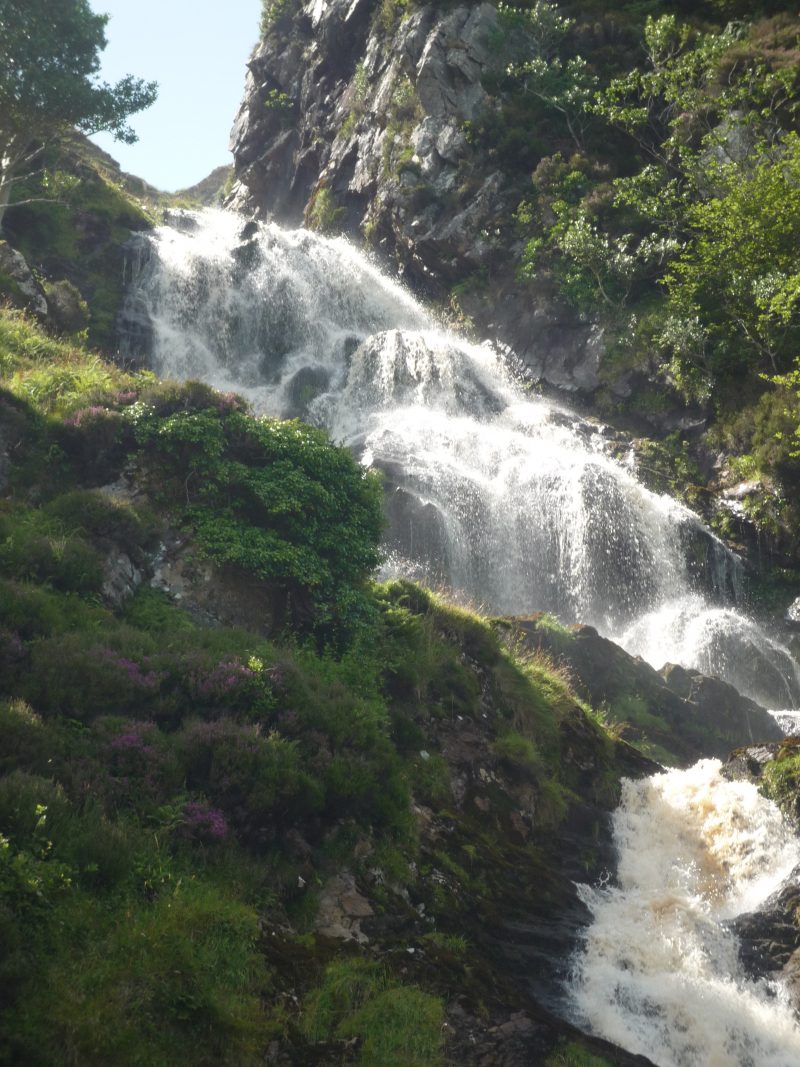
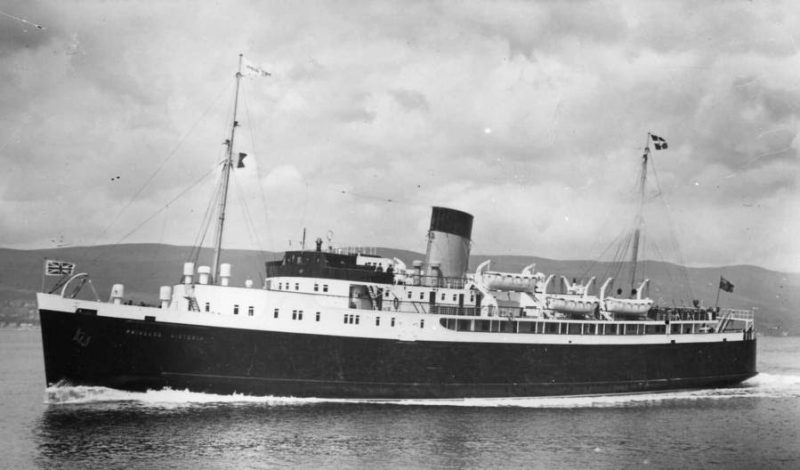
On this date, which fell on a Saturday in 1953, the sea was high and the wind a storm force gale, 100 miles an hour was registered in the Irish Channel. Journalist Paddy Scott opened the office of the Irish News Agency in Donegall Street just after 8 a.m. Paddy was Northern Editor following 11 years with the Irish Press and two with the Irish Independent. The office was a news gathering and transmitting agency similar to Reuters United Press of America, Associated Press and the British newspapers own PA. His quota of stories each day numbered ten and he told me that the routine was (1) break the story in three or four sentences immediately (2) followed with details on short bursts of facts (3) rap the story up in 200 to 250 words. This day was to be very different.
On that Saturday morning he opened us as usual, checked the stories he was required to cover for the Sunday editions. He phoned round his usual sources of contact, police, ambulance, hospitals, fire brigade, coastguards and the airport and harbour. Also hall porters of the major hotels to see if there were any prominent personalities visiting. Little did he know what was ahead of him on that day. “I contacted the Belfast Harbour to find out if the cross channel steamers were in. They were all late and all reported a ‘wild rough crossing”’. He then phoned the coastguards at Orlock Head where his father and his grandfather had served. “I was advised to keep in touch”
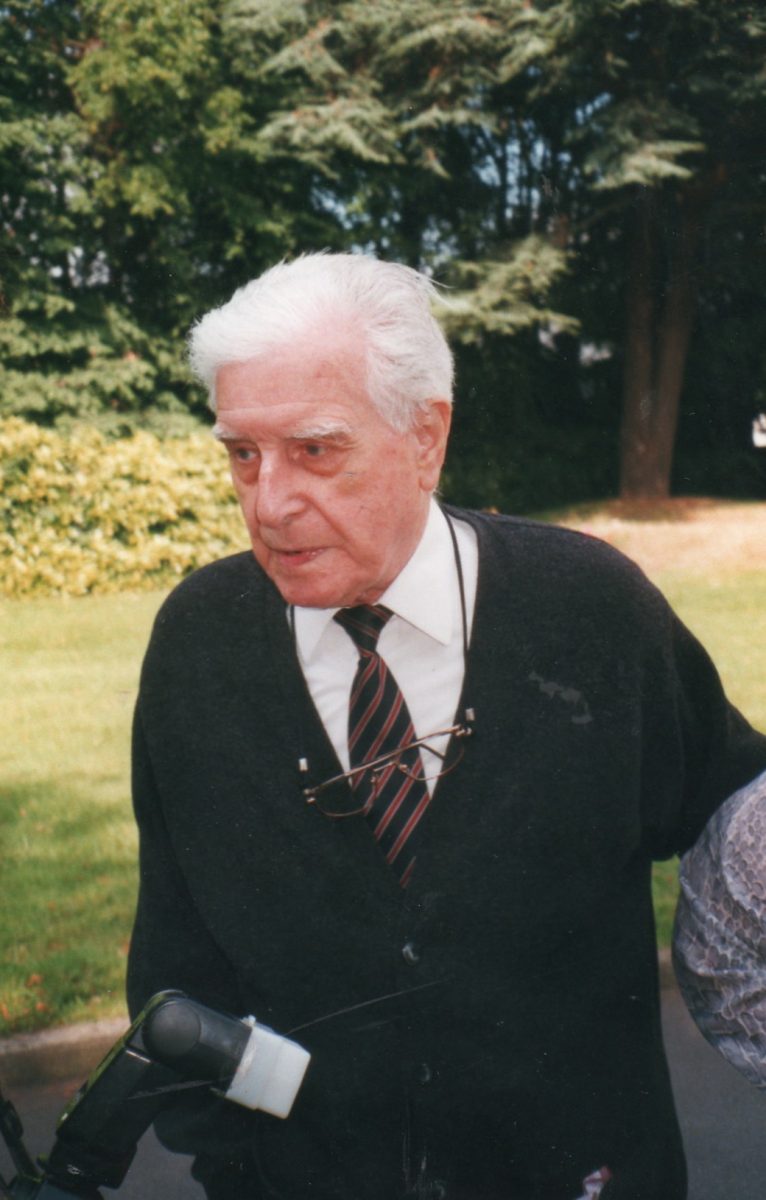
Things moved very quickly. He phoned Larne then Stranraer where the news was the Princess Victoria had left a little late. He then contacted Portpatrick radio station, Corsewall Point lighthouse and then Larne and he was told the ferry had passed out of Lough Ryan and must be heading for Larne. ‘She cannot birth here,’ he was told. ‘The sea is running wild and the wind is become like a gale on shore, no ship can berth here in this weather.’
With the visibility worsening with a hail storm and high seas Larne harbour told him ‘We don’t know where the ferry is’. This was the trigger for Paddy to start sending copy via the teleprinter to Dublin to be sent round the world. He opened his story at 11 am with the heading Where is the Princess Victoria the Stranraer-Larne ferry boat. coast watchers on both sides of the North Channel are asking this morning.’ And so the story began to unfold. He tuned into trawler wave radio reports, kept phoning his contacts round the coast from Malin Head to Campbelton and Portpatrick. “I confess I tried their patience with the frequency of my calls after each of which I added a few more facts of the search to my teleprinter story.” Soon news came of trawlers braving the weather to search for Princess Victoria. A destroyer joined in, at 1.40 p.m. the Donaghadee lifeboat sailed out, RAF planes were sweeping the sea between Donaghadee and Portpatrick but dreadful weather conditions made this difficult. “My next newsflash to Dublin was The search is on in earnest by air and sea. This gave them the clue that a sea tragedy was in the making.
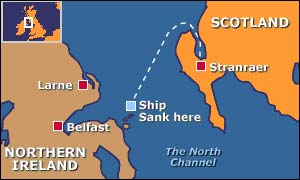
On board radio operator kept tapping out SOS despite the cabin now being upside down and the risk of heavy transmitter breaking away and crashing down on him.
Then came the call from Orlock – ‘She’s down. Get to Donaghadee immediately. We are expecting survivors.’ 130 were to drown, 44 survived. There were famous people on board, working men and women, families and crew – and one dog.
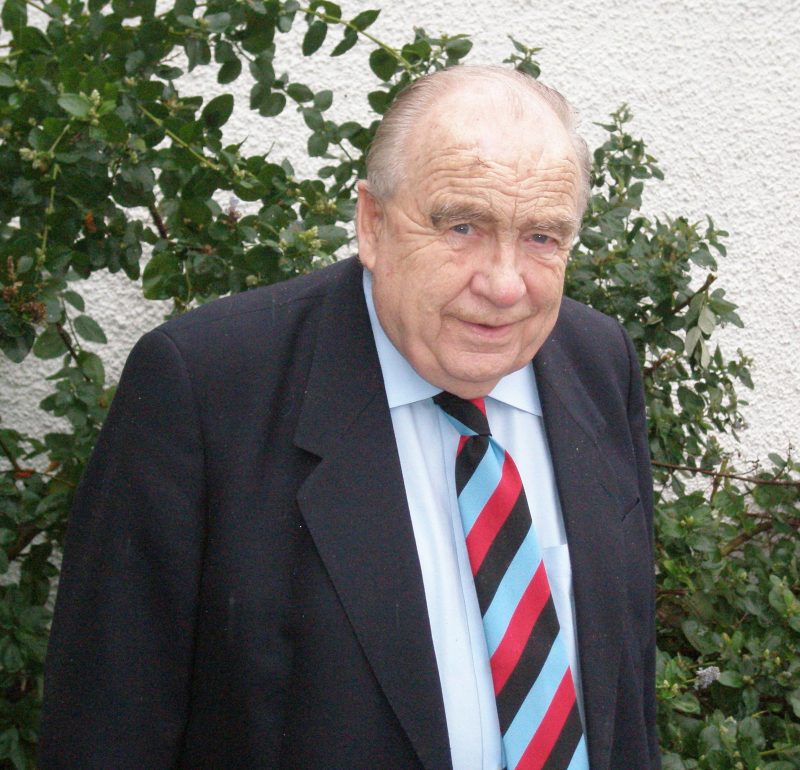
Paddy was the first reporter to arrive in Donaghadee and the Imperial Hotel to where survivors were being brought. There despite ‘no press allowed’ he managed to get his story of the dreadful disaster first hand from the terrified passengers. Telegraph reporter Malcolm Brodie was hot on his heels. There would be more stories for days and weeks to come, I was a child at the time and I wasn’t allowed along the shore at Whiteabbey my usual playground, for fear of bodies being wash in.

Despite the horrendous weather The brave men on the Donaghadee life boat rescued 29 people during a two hour search and finding no other survivors returned to base that evening. Four hours later they launched again to help another ship caught in the gales between Whitehead and Carrickfergus, they found one survivor and recovered six bodies.
A senior domestic science inspector returning from a conference in Edinburgh, a friend awaiting news of a woman attending her mother’s funeral in London who ran a cafe in Carnlough, a first hand account of the sea coming up and over smashing windows of the dining room. ‘Someone shouted she’s going. We tried to get two women onto the hull on the portside but they were completely exhausted, they were swept away’. Descriptions were issued in the hope of contacting family. City Hospital: woman 5’6″ tall 40 years, light build, dark hair turning grey, long face and high cheekbones. Fairly large nose, wearing black or dark brown fur coat, brown stripped dress with zip at neck, gold ring on third finger right hand gold wristlet watch.’ The name of a fitter at Short brothers and Harland appeared on the list of missing but, on hearing the news, he immediately phoned his brother to say he didn’t make the sailing. Tragically another well known businessman in Belfast lost his wife and two of their five sons.
I was privileged to know this man who mentored me when still a teenager, we worked together in Ulster Television and because we lived near each other he gave me a lift home most nights and I would sit mesmerised listening to his stories as we drove. He saw the Titanic sail out of Belfast and his interest in that story and his research is meticulous, he broke the story of the Patricia Curren murder breaking through the police cordon by crawling through the undergrowth to the front door and persuading her father that it would be easier if he talked to one journalist who would pass the facts on rather than have scores of them hounding him. He agreed and Paddy got the story.
What a man. He died in 1999 at the age of 93 still with a clear memory, he could visualise his own life story. He taught me so much including the word camaraderie, I remember where we were on the road home when he said it and I’ve never forgotten his advice – “Be wise and check your facts but trust and friendship are important aspects of being a reporter and a writer always remember that.”
I wonder what he would make of todays media!
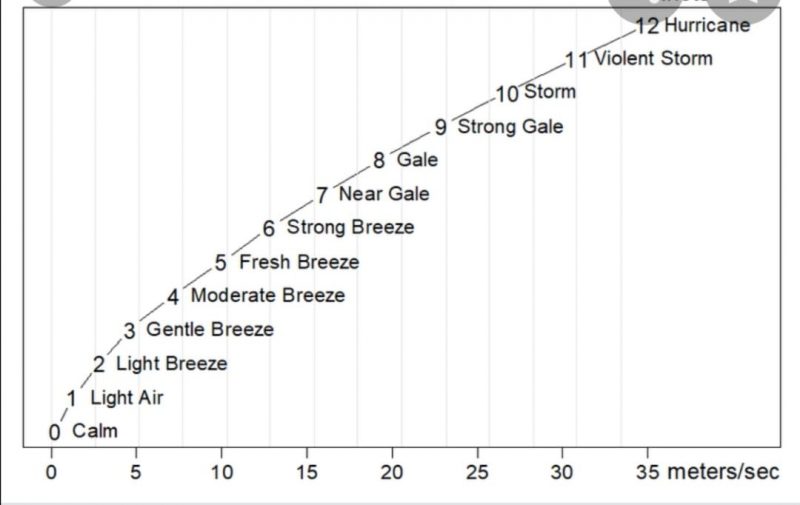

It’s fascinating to begin to tell a story of a woman who has raised thousands of pounds for the Royal National Lifeboat Institute and end listening to her talk about watching one of Ireland’s most celebrated artists at work in his studio.
Pauline Carson has some history behind her 90 glorious years, always giving, no more so that as fund raising secretary for the RNLI in Holywood. Since 1980 she has been baking cakes, cajoling businessmen for raffle prizes and organising some of the best nights to be had in Co. Down.
But it’s not so easy these days, not because this enthusiastic woman if running out of steam, that’s not the case, rather the disruption of Covid which has put a temporary stop to her tending the oven, organising, phoning and persuading. “I am so frustrated. In recent years as more and more charities look for support the work of fundraising has become more demanding and now the pandemic.”
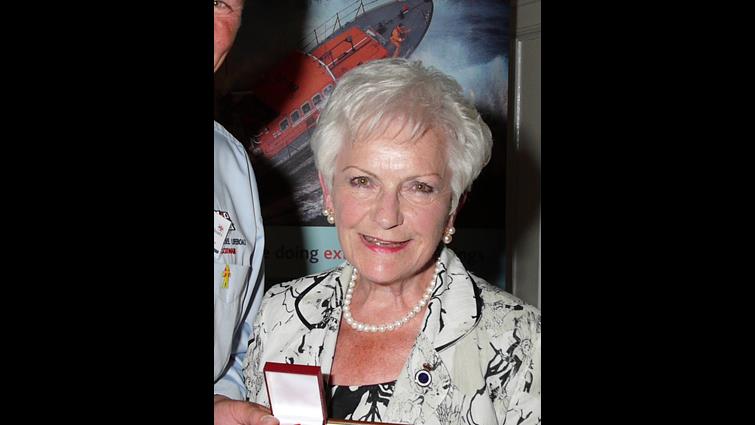
It always required cleaver thinking and Pauline’s imagination ran riot – a Flower Power extravaganza on HMS Caroline, a Buccaneer’s Ball with buried treasure to be found, a Mississippi Ball on the Lagan and the annual luncheon which last year featured a raffle of beautiful silk scarves donated by the great and the good. But the bread and butter of fundraising is the street collection and the coffee mornings, good thing Pauline likes baking, once amongst cakes big and small, she produced 14 dozen Devonshire scones which altogether brought in a massive £800.
Three years ago Pauline was awarded the British Empire Medal to mark her achievements, she also holds the RNLI’s Silver and Gold Badges, and a bar to the Gold Badge. It’s reckoned that over the years she has been responsible for raising over £500,000 and although the awards underline the passion she has for the RNLI she is quick to point out that she has always had a good team around her, people willing to get involved in supporting this dangerous and vital charity.
SAVING LIVES
“When I think of those the wonderful people who go out in all weathers, they go whether it is Christmas or their birthday, they just drop everything, out they go and I think they are just brilliant.” And courageous, racing to ships caught in a storm as with the Princess Victoria, swimmers swept out of their depth, people caught on rocks with a rising tide, their own rescue craft buffeted by huge waves tossing them around almost submerging them but still they persist until they reach those in peril on the sea.
When she was asked to become involved with fund raising Pauline was told it meant just one day a year going onto the streets of Holywood to sell flags. That wasn’t enough for her, her heart was in this job and she was determined to do more than rattle a box.
“My father was in the Royal Naval Reserve in the First World War so I had a natural interest, then when I came to live by the sea the yacht club was nearby so there was plenty of interest in boats and boating and safety when out in Belfast Lough and beyond.”
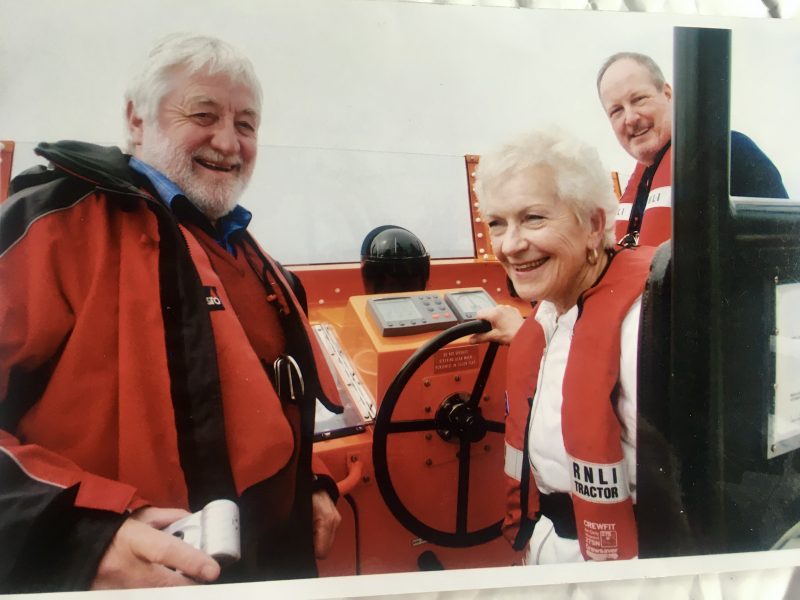
One adventure gave her an idea of what it’s like to man a life boat.
“The day I was invited on board the Broughty Ferry in Dundee Scotland. I was allowed to steer, almost took the Tay Bridge with me! I can only imagine what it must be like on the high seas in bitter weather trying to locate ships in distress and rescue people from the freezing water. ”
Pauline celebrates her 40th year supporting the RNLI on 9th April this year. She had great plans. Before Christmas she started gathering material for a special cook book, she asked and she received recipes no problem but when it came to sponsorship it was a different story. Sadly it won’t be published on that special date, recipes and poems will have to wait until she gathers enough money to produce something which would result in much needed funds for the lifeboats.
As we chat I think there is no doubt how disappointed she is with promises not materialising but as she says times are tough for everyone at the moment.
A TWIST IN THE STORY
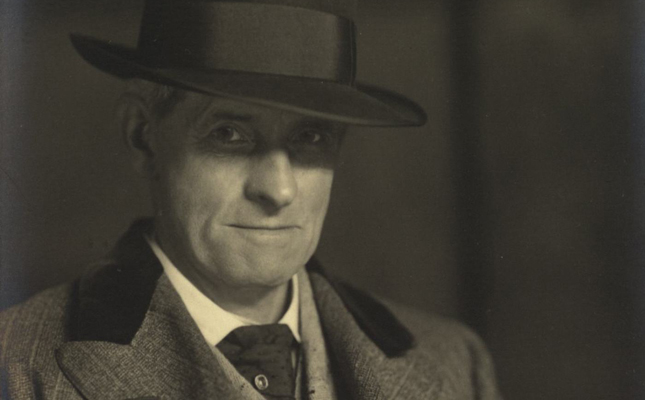
She talks of her father and his war service and throws in a little surprise package. “My father was cousin of poet W.B. Yeats, he of the Bee Loud Glade, his brother Jack and his sisters Susan and Elizabeth. I remember Jack very well, I used to sit in his studio and watch him at work. He always had a fresh rose stuck in his easel and when I asked him why and he pushed my nose into the flower – ‘That perfume gives me inspiration.’ I never met J.B the writer and poet but I was taken from boarding school on afternoons to visit sister Susan known as Lily in her home in Dundrum Co Dublin, an elegant elderly lady who was bedridden and so interesting, I was only 12 years old so I can’t remember much of what we talked about but I knew she and her sister, known as Lolly, were well known craftworkers and printers. Lily was an exquisite embroiderer. I loved being with her.”
It’s typical that she should wish to have one of Jack Yates paintings not for herself but to auction for RNLI funds vital to keep the volunteer crews well trained and kitted out for their 24 hour sea rescue service in the UK and Ireland, looking after people on busy beaches and in flood situations.
Running costs in 2018 amounted to £163.5 million. A life jacket costs £458, boots £54, waterproof trousers £249 and jacket £349 and one all weather lifeboat costs £2.1 million and there are 349 in the fleet.
And this shopping list is funded by the public and supported by passionate people like Pauline Carson.

